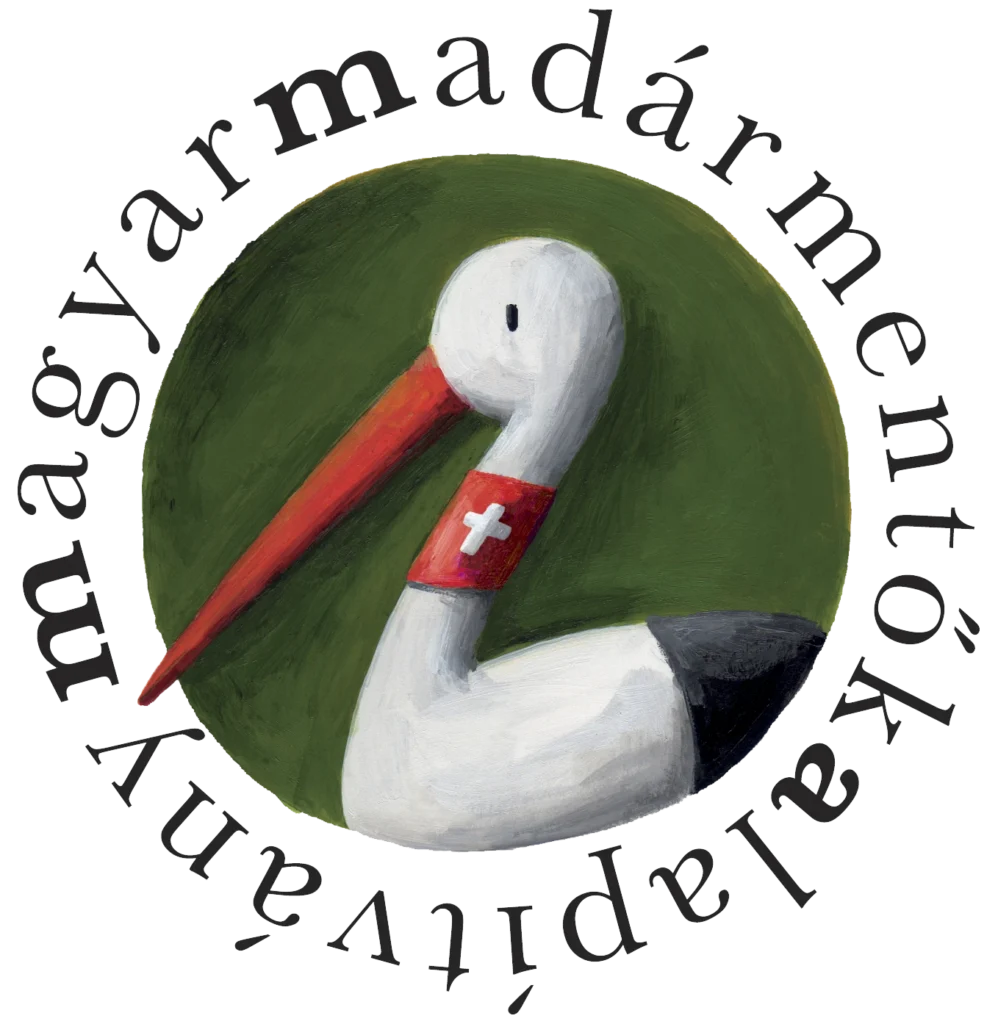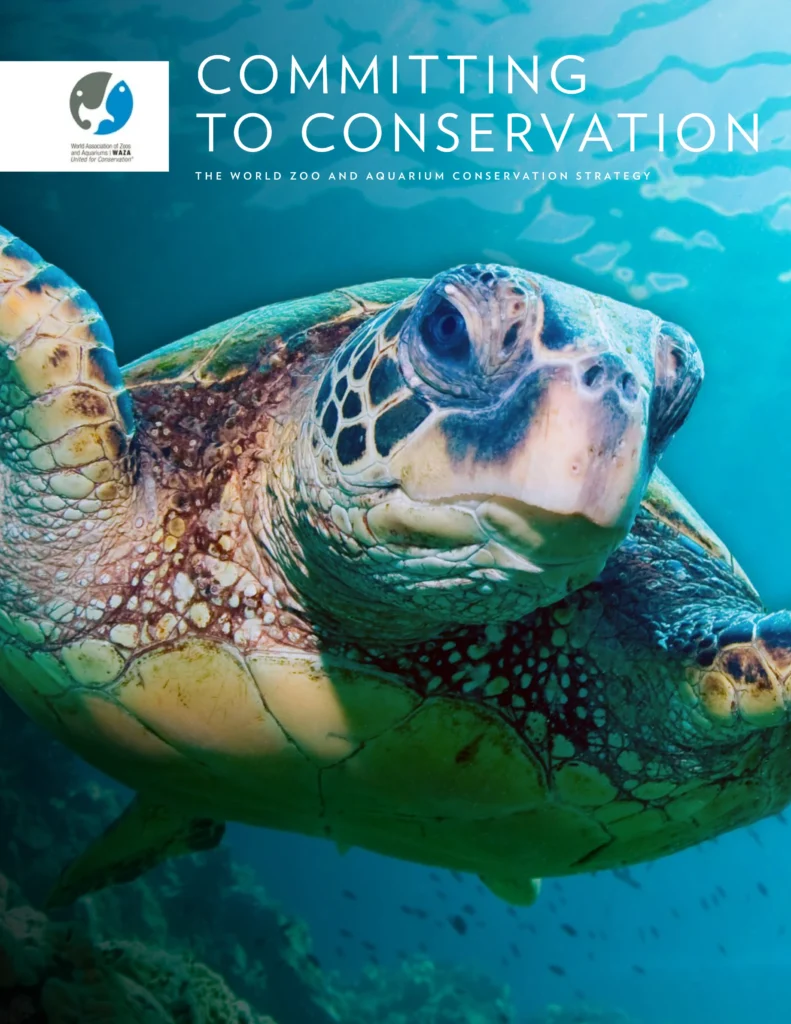Nature Conservation Projects
Today, zoos operate in a world increasingly filled with environmental problems. Habitat loss, climate change, pollution, and many other threats endanger a multitude of animal and plant species. In this situation, zoos and aquariums play an even more crucial role in nature conservation than ever before.
Zoos are far from being mere “animal exhibitions” created for entertainment. They possess vast knowledge and, thanks to their global network, play a significant role in promoting conservation collaborations. They can operate across the entire spectrum of conservation efforts, from breeding endangered species to research, awareness-raising, education, fundraising, and the preservation of species and their habitats. It is no longer exceptional for these modern, progressive institutions to participate in conservation; it is now a fundamental part of their core activities.
In Europe alone, at least 200 animal species rely on zoos for their survival. Globally, numerous success stories demonstrate that without zoos, we would be poorer by many species: consider the cases of the Przewalski’s horse, the Arabian oryx, or the golden lion tamarin, which had gone extinct in the wild but were reintroduced to their natural habitats from zoos.
Our Zoo’s experts have traditionally done a lot for wild animals. For many years, they have contributed to numerous international projects.
The Hungarian Bird Rescue Foundation was established by the Budapest Zoo in 2009. Every year, we save thousands of wild birds, small mammals, and reptiles from certain death. Hedgehogs burned in brush fires, birds fallen from nests, animals hit by cars or poisoned—all can count on us. More information about the rescue centre.


